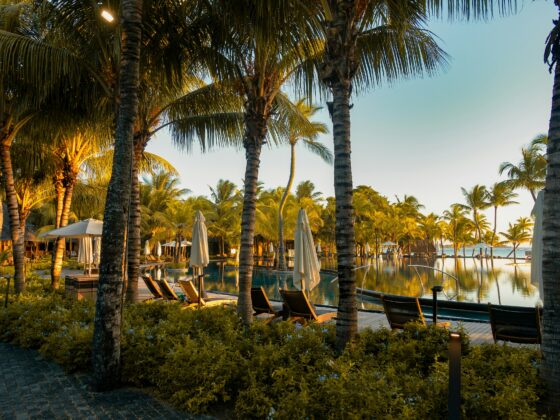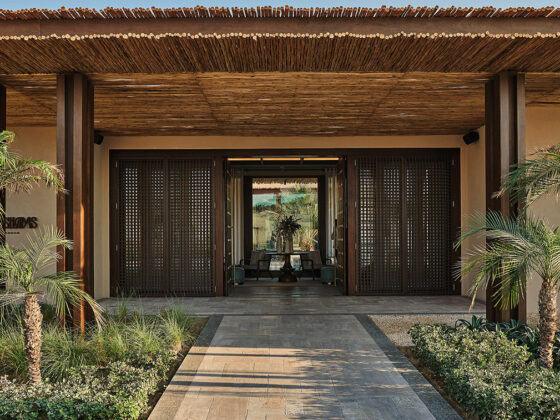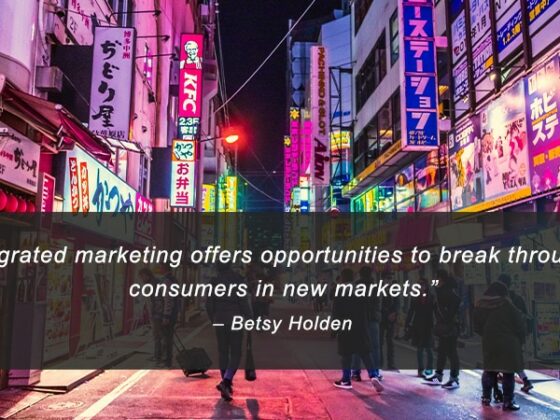Josiah:
Today we’re learning from Regitse Rosenvinge, a brand storyteller and communication consultant for hotels and hospitality brands. She’s worked for companies such as Accor and the Social Hub, and in today’s episode we’re going to talk about creating spaces of belonging and the opportunity that exists here. Let’s talk into Christian London at Nordic Choice Hotels. He was talking about the opportunity we have in hospitality to think about even inviting more people into hotels, because it has all the amenities of a great workspace. I was talking to Richard Valter at Mews. He was talking about hospitality. The potential is so much bigger than we think because you could take these concepts, apply them elsewhere. I think it’s a really interesting place to be working because of that.
Regitse:
It is the most interesting place to be, at least for someone like me and for you as well. There’s so many things going on at the moment. It’s really rapidly evolving. You said it yourself two seconds ago with the responsibility part, not to put on, give hospitality people or hotel managers a bad conscience or tell that they say that they should do things in a certain way. I think if you manage a hotel, you’re almost responsible because it’s a travel brand. Travel per se is not very sustainable. You’re almost responsible for inviting people into your space and doing something good, including the local community, as I mentioned before, using local produce, creating a place where people feel connected and safe. So many people are lonely, also as an effect of social media. This whole mental awareness, this whole wellness thing as well, mental health issue is something that hotels are really able to do something about, in my opinion, because you have these huge properties, so much potential. So we’re definitely moving away from hotels being just hotels into having capacity for so many other things. That opens up a whole new opportunity for storytelling. So really, the sky is the limit.
Josiah:
I wonder if there’s a story you’ve come across, a client you’ve worked with, a hotel you’ve seen that has done what you mentioned of using their property as a way to bring more wellness to people or to communities. Have you come across anything recently that stands out to you there?
Regitse:
I had a client recently, a big client here in Copenhagen. It was a big hotel just opened up at stores like three months ago. It is a design, budget, design brand that would appeal to both business travelers and family traveling with kids Very colorful, very bright, very fun. But I think they did a really, really good job inviting people into their space. So when you walk in there you’re met with all these bright and fun and vibrant colors and design, and their tone of voice is also very open and familiar. So it’s like it’s almost talking to a friend. And I believe that if you’re traveling alone as a businessman or whatever you are, you’re traveling alone. It can be a little bit lonely sometimes, but if you’re met by a staff in a hotel that really caters to your needs, that really see you and they really talk to you as you’re like a person or a family member even better, a friend, i think it becomes so much more natural and you feel seen and heard and you want to return to that property instead of just checking into a like an old fashioned hotel. So with this specific property, i think they did something very clever in having a very personal tone of voice And, as I said, the design of the decor and the colors were very inviting Kind of was kind of like getting a big, comfy hug from a friend. When you walked into the lobby you didn’t see a check in stand. Right upon entering the hotel you would see a bar and like come on, hang out with us, we’re here for you, and like it was a very playful design they had. But I think this is just the beginning of a new era of hotel design as well and storytelling that is inviting and that makes people you know, make people relax and feel at home, which is truly a home away from home. It’s always been very popular to use the sentence a home away from home. It’s sort of tacky nowadays And I wouldn’t recommend using it in your storytelling because it’s like too used. But this was really a home away from home where people would feel at home because cozy, comfy surroundings and it was very late back and relaxed and people would approach you as a good friend and i think that’s really the difference. It’s not so stiff and stuck up and people would look you in the eyes and true hospitality is Found in the way people treat you, in the ambience, in the interior, the whole thing the home away from home concept is interesting because i think for a long time hospitality brands sought to provide that.
Josiah:
And then, especially coming out of coven in the pandemic and people say I’ve had enough time at home, i want something that’s very much not home. But i think the thing that you’re getting at, that our listeners should should think about, is this concept is more about a sense of safety and belonging, so it’s maybe less about the design. I should be designed like your home. You should have the same sense of i’m safe here and i belong here, and maybe that’s what it’s more about i think that’s what it’s more about.
Regitse:
Of course you shouldn’t have, like a hotel that resembles your home one to one, that nobody wants that somewhere getting at. But It should, of course, be inviting and i know many people are kind of intimidated when they walk into a hotel, especially at the expense of design, tell luxury hotel. It can be intimidating. Do i really belong here? is this really my crowd? did i do something wrong? should i do something else? like it’s always, for some people it can be intimidating and i think The way you design a hotel nowadays it really has the power to make people more relaxed and seen and and Kind of doing a feeling of being home without being home. For example, when you place this check in counter not exactly when you walk in you can place a bar or cafe, whatever, and then the chicken counter would be in the back. i know several hotels and hope and taken started doing that because it’s more inviting and, yeah, i think that definitely something we’re gonna see more of. But, as i said in the beginning, hospitality is always about people. It is literally How much warm heart you put into it when you talk to other people and it’s making people feel at home, even if you wish they were. That’s a very nice way to put it right. I think that will always be there and that’s something we also gonna see more of moving away from covered people create the connection again, and that’s something artificial intelligence will never be able to replace.
Josiah:
I had a friend tell me that this is why working in hospitality is actually good way to build a durable career, because it’s something there’s a longevity you have working here.





